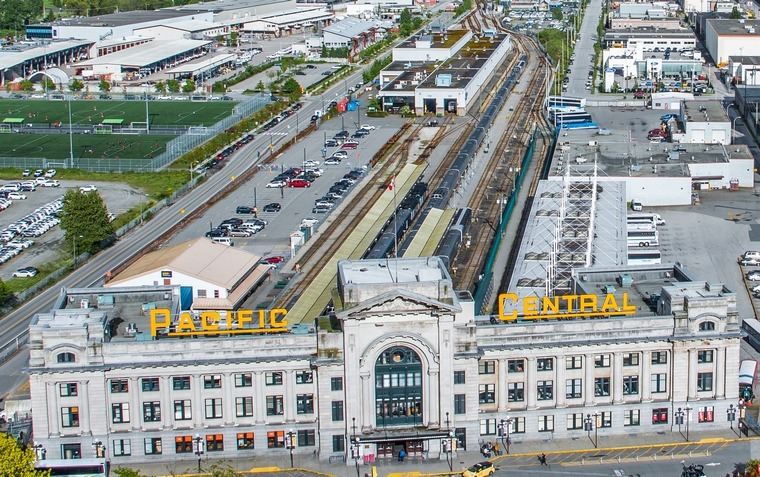micheal_can
Senior Member
Slow at it is, I still love the fact that with just two connections one can travel 5,400 km from this station to Pacific Central Station in Vancouver. You’ll need five to six days to do it, so bring a book.

It’s too bad the Canadian doesn’t run from Halifax to Vancouver. Was that ever an offering?
There was a time when the Ocean and Canadian/Super Continental met in Montreal, only requiring the one transfer. Then the Canadian met the Toronto Canadian in Sudbury and the Super Continental met the Toronto Super Continental in Capreol. That all stopped when they ripped up the tracks through the Ottawa Valley.
Back when rail ruled the land, the goal was to connect everywhere to everywhere. For example, before 17 was completed in the 1960s, you could take a train along the Superior coast. Now, no passenger train follows that entire route. And before anyone corrects me - it was not a no transfer trip. However, it could still be done, much like the original idea behind going between Vancouver and Halifax.I don't know that Wikipedia's list is comprehensive, (named passenger trains in Canada, current and historical)
List of named passenger trains of Canada - Wikipedia
en.wikipedia.org
But looking at all the trains w/Vancouver as a listed terminal point, I don't see any destinations further east than Montreal.
CN/VIAs Super-Continental appears to have been the last of these to run, ending service in 1990
***
There are some curious terminal points in that list.
Yarmouth, NS was a big one..
Medicine Hat, Alberta
Port Arthur, ON (now part of Thunder Bay)
Also while there are several city pairs you might imagine from a more robust era of rail (Toronto-Buffalo, Montreal-Boston, Cleveland Toronto, Halifax-Boston)...
I find it interesting to see several pairs originate in Minneapolis MN.




